Itchy skins are nowadays common problem faced by many people and sometimes can be uncomfortable too. This problem may frustrate people, changing their daily routine and hampers their lifestyle and health condition too. Itchy skins also known as pruritus is the most common reason behind lack of sleep, frustration and anxiety. Moreover, people wo frequently experiences itchy skins, they might tear their skin, which might end up in infection. However, there are some home remedies, which can provide you relief from this problem. Apart from this, these remedies are also a good way to clear your skin and kill any possible germs on skin.
The common cause of itchy skin is insect bites, allergies, stress, and skin conditions such as eczema and psoriasis. This article is here to provide information about how you can get rid of skin itching and also to prevent such problems.
1. Neem
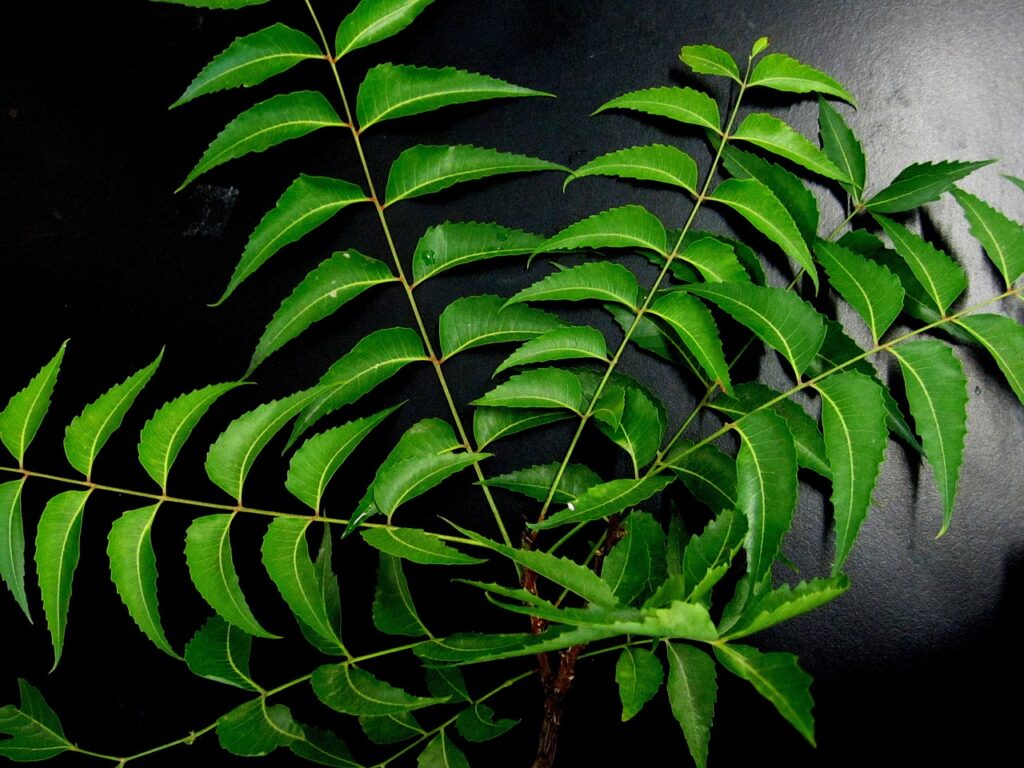
Neem is one of the most accepted plants in terms of medicinal purposes. It has antibacterial properties, which is very much effective against skin problem like itching. Applying the raw neem paste on the affected area (itchy skin) is actually more affected as compared to any other medicines. This natural medicine is more effective than any other synthetic medicine. In the domain of Itchy Skin, Neem has attained a top notch in treatment and also in prevention too. Along with the neem paste, you can also apply neem oil and apply on whole-body to eliminate hygienic concerns.
It’s important to note that neem may not be suitable for everyone and could cause irritation in some cases. If you have any concerns, consult a dermatologist before applying.
2. Turmeric
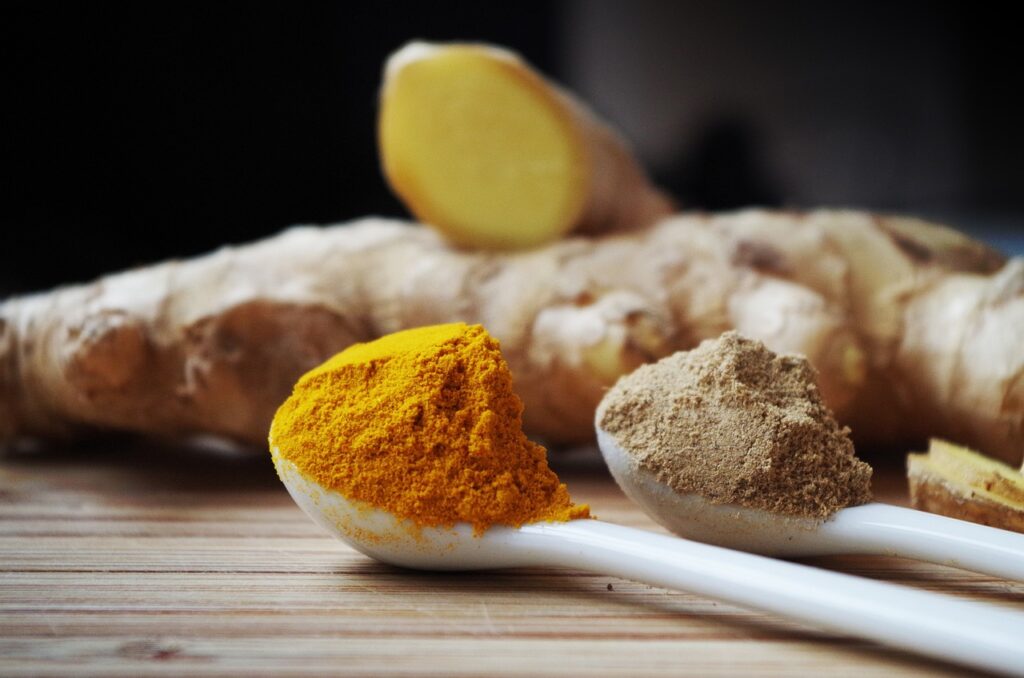
Turmeric also has the same anti-bacterial properties as neem. You can apply, turmeric paste on the affected area to get rid of the itchy skin. On applying this turmeric past, you will be relieved from the frustration and Un comfortability very soon. Though turmeric alone if sufficient to kill the germs of skin, however, if you can, then collaborate the neem oil and turmeric paste. Combining turmeric and neem, enhances the efficacy of this remedy and will provide you relief in just matter of times.
It’s important to note that turmeric may not be suitable for everyone and could cause irritation in some cases. If you have any concerns, consult a dermatologist before applying.
3. Aloe Vera
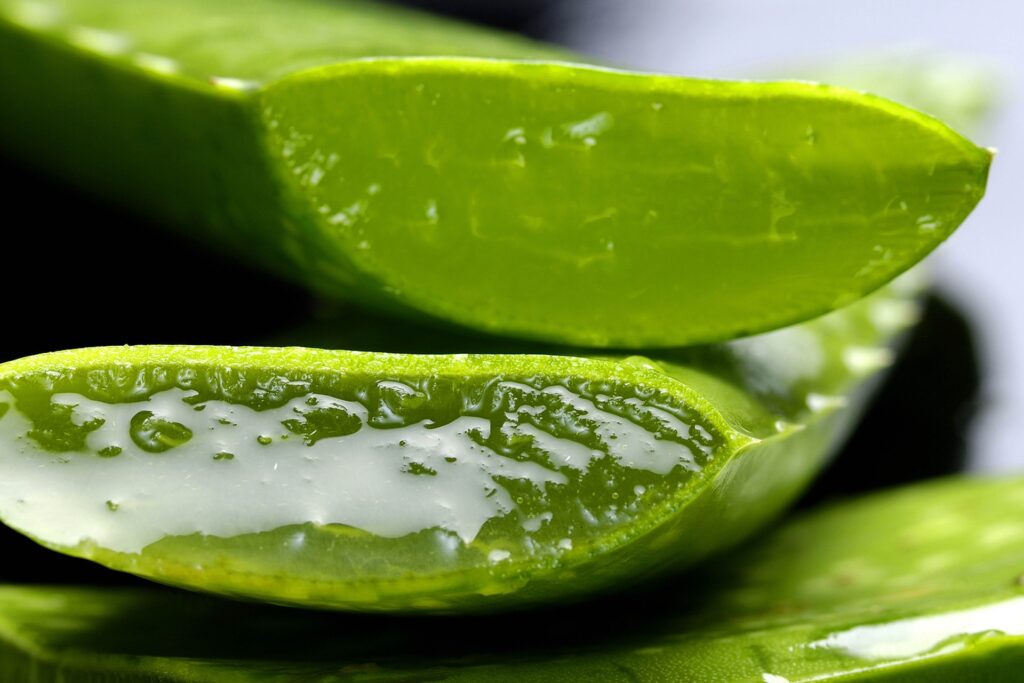
Applying Aloe Vera to the itchy area provides relief. It prevents the spread of itching. After applying Aloe Vera to the skin for about half an hour, wash it off. Rinse it off with lukewarm water. You can apply it 2-3 times daily.
It’s important to note that aloe vera may not be suitable for everyone and could cause irritation in some cases. If you have any concerns, consult a dermatologist before applying.
4. Clove Oil
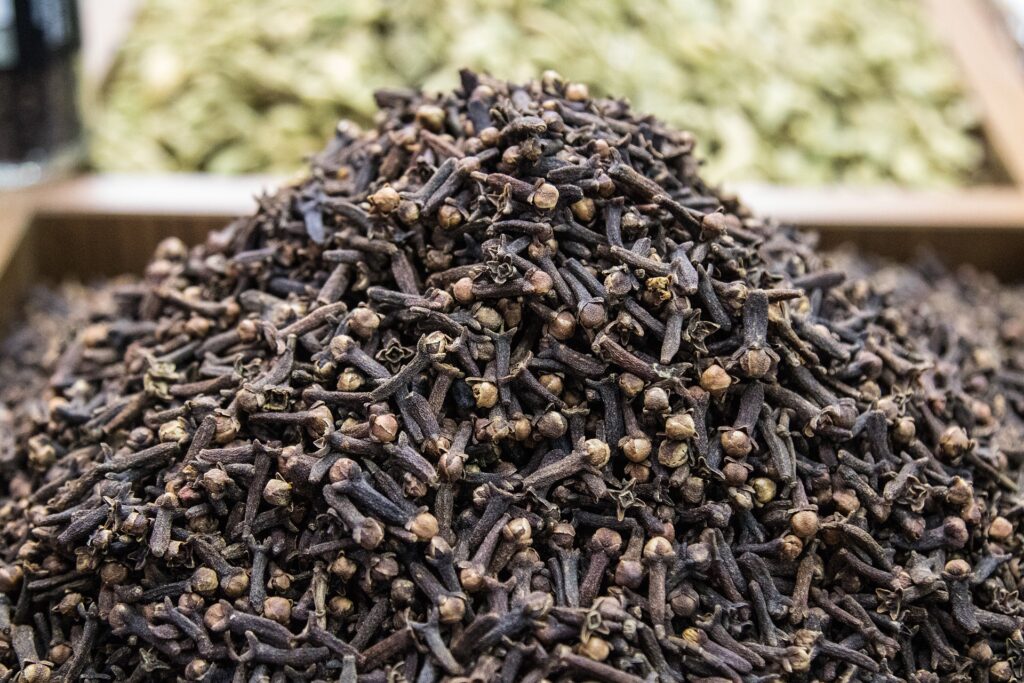
The antibacterial and antioxidant properties found in cloves help reduce itching. However, caution should be exercised when applying it. You can mix clove oil with coconut oil and apply it.
It’s important to note that clove oil may not be suitable for everyone and could cause irritation in some cases. If you have any concerns, consult a dermatologist before applying. As clove oil is particularly strong and can irritate the skin. It’s recommended to dilute it with a carrier oil like coconut oil before applying.
5. Coconut Oil
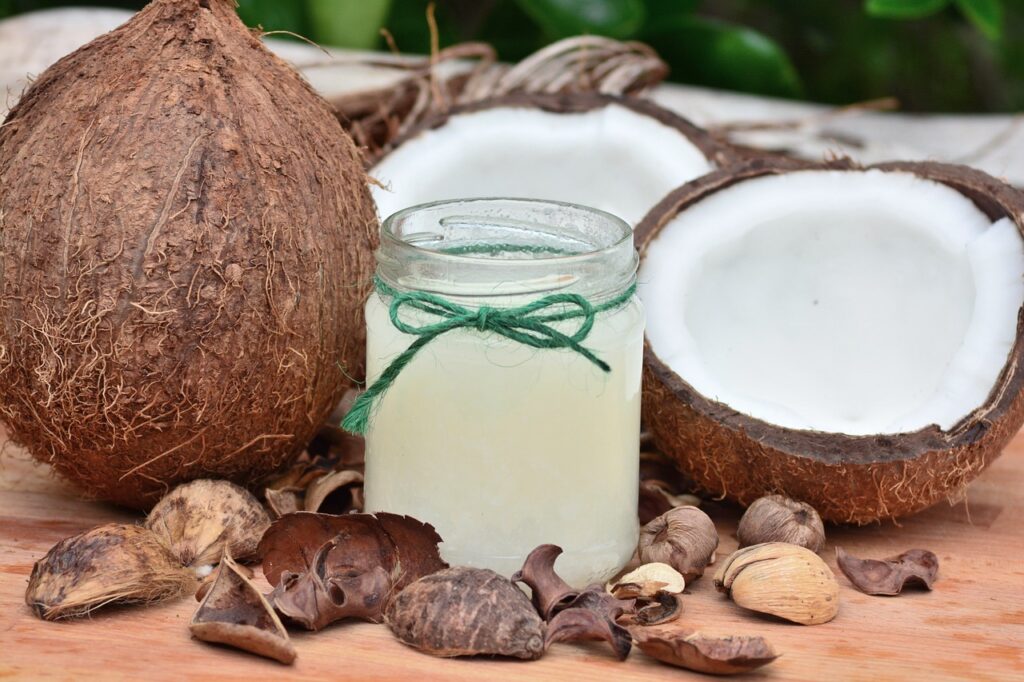
applying coconut oil to the body provides relief from itching. Along with this, you will also feel coolness when applying coconut oil.
It’s important to note that coconut oil may not be suitable for everyone and could cause irritation in some cases. If you have any concerns, consult a dermatologist before applying.
These home remedies are indeed very effective; however, anecdotal evidence supports the use of these home remedies for itchy skin, further scientific research is needed to confirm their efficacy.
Avoiding Irritants
Itchy skin is something that can be treated easily the above home remedies, however, holds potential to revive again. Therefore, taking appropriate measure to prevent this must. Itchy skin can be sometimes very dangerous, giving birth to multiple diseases like- dermatitis, eczema (National Eczema Association), psoriasis, and even infections if left untreated. Below listed are some preventive measure that should be taken to prevent itchy skin.
- Lower water temperature: Bathing and showering in hot water strip moisture from the skin, leaving it vulnerable to dryness, redness, and itching. Simply lowering the water temperature by a few degrees can significantly alleviate these symptoms.
- Maintain optimal humidity: Drastic fluctuations in temperature and humidity levels can deplete moisture from the skin, leading to flaking and itching. Combat this by using a humidifier to maintain optimal indoor humidity, especially during dry summer months or when central heating dries out the air in winter.
- Choose gentle products: Many skin care products contain additives like perfumes and artificial colors, which can irritate or worsen skin issues. Opt for fragrance-free and dye-free products, particularly if you have itchy or sensitive skin.
- Wear breathable fabrics: Clothing made from wool or synthetic fibers can irritate the skin, causing itchiness and discomfort, especially for those with heightened sensitivity. Choose loose-fitting garments made of breathable cotton to minimize irritation and allow the skin to breathe.
- Manage stress: Psychological stress has been linked to increased itching, making stress-reduction techniques like yoga and mindfulness meditation valuable tools for managing itchy skin. By addressing stress levels, individuals may experience a significant reduction in itchiness and overall improvement in skin health.
- Moisturize regularly: Using a gentle, hypoallergenic moisturizer can help replenish the skin’s moisture barrier and prevent dryness and itching. Apply moisturizer immediately after bathing or showering to lock in moisture.
- Avoid harsh soaps: Opt for mild, fragrance-free soaps and cleansers that won’t strip the skin of its natural oils. Harsh soaps can exacerbate dryness and irritation, leading to increased itching.
- Stay hydrated: Drinking plenty of water helps maintain skin hydration from the inside out. Aim for at least eight glasses of water per day to keep your skin hydrated and healthy.
- Avoid scratching: While it may provide temporary relief, scratching can further damage the skin and exacerbate itching. Instead, gently pat or tap the itchy area to alleviate discomfort without causing harm.
- Identify and avoid triggers: Pay attention to factors that may exacerbate your itching, such as certain fabrics, environmental allergens, or specific foods. By identifying and avoiding these triggers, you can better manage your symptoms and prevent flare-ups.
When to contact Doctor in these cases?
People can often treat many cases of itching at home with an effective cleansing and moisturizing routine. However, it’s essential to seek medical attention if any of the following symptoms occur:
- Persistent itching: If itching persists for more than 2 weeks or flares up regularly, it may indicate an underlying issue that requires medical evaluation.
- Accompanied by unusual symptoms: Itching accompanied by an unusual rash, bumps, or swelling should be assessed by a doctor, as these could be signs of an underlying skin condition or allergy.
- Signs of infection: If there are signs of infection, such as inflammation or weeping sores, it’s crucial to see a doctor promptly. Infections can exacerbate itching and may require medical treatment.
- Generalized itching: If itching affects the entire body and is not relieved by home remedies, it may be indicative of a systemic issue that needs medical attention.
These symptoms could indicate an underlying health issue that requires medical attention. A doctor may recommend topical creams and medicines to relieve itching and address any underlying conditions contributing to the symptoms.
Seeking prompt medical care can help identify and address the underlying cause of itching, leading to effective treatment and relief.
Frequently Asked Questions
Here are some frequently asked questions.
1. What causes itching?
This question addresses the various factors that can contribute to itching, including skin conditions, allergic reactions, dry skin, insect bites, and underlying health issues.
2. How can I relieve itching at home?
Many people seek home remedies to alleviate itching. This question explores different methods such as moisturizing, using over-the-counter anti-itch creams, applying cold compresses, and taking oatmeal baths.
3. When should I see a doctor for itching?
Itching can sometimes indicate a more serious underlying condition. This question helps clarify when it’s necessary to seek medical attention, such as when itching persists for an extended period, is accompanied by other symptoms, or affects the whole body.
4. Can stress cause itching?
Stress is known to exacerbate various health issues, including itching. This question delves into the relationship between stress and itching and explores stress-reduction techniques that may help manage itching.
5. Are there specific triggers that can worsen itching?
Understanding potential triggers for itching can help individuals avoid exacerbating their symptoms. This question explores common triggers such as certain fabrics, environmental allergens, skincare products, and temperature changes.
Pingback: Cold Bath Vs Hot Bath | Find What Suits You Best!